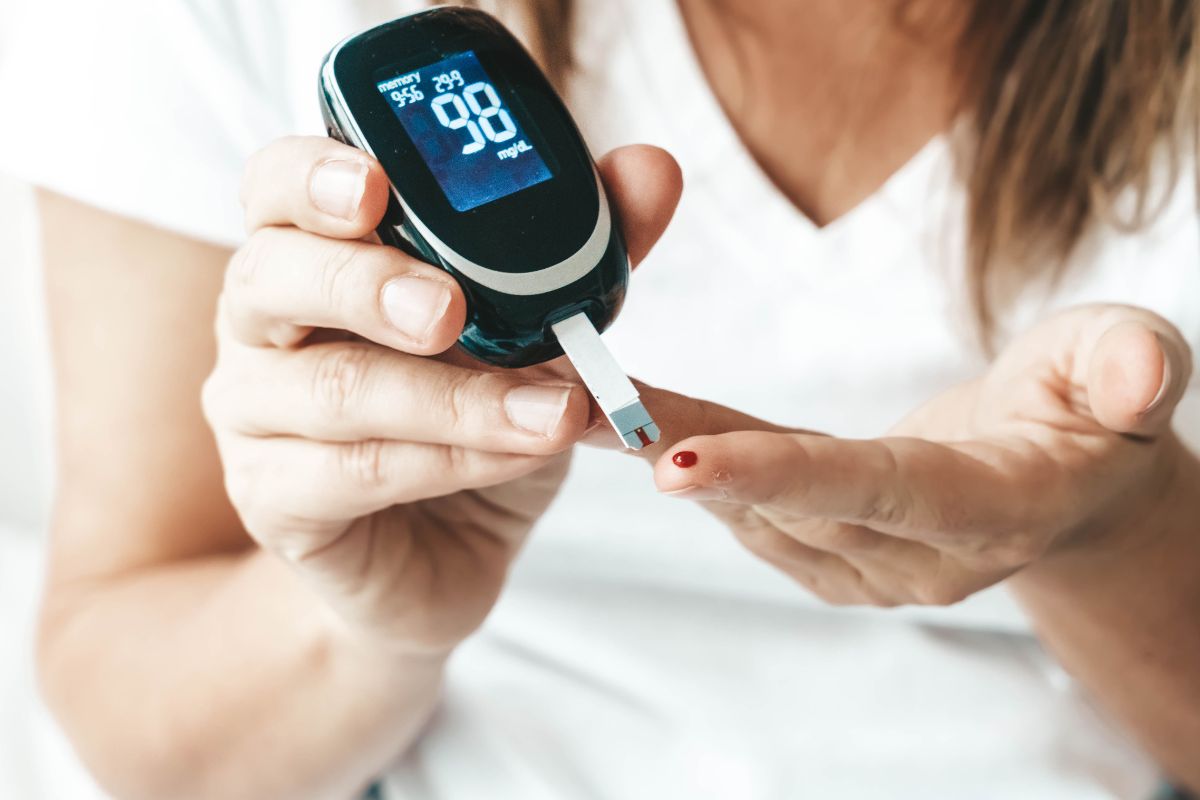If you’ve been diagnosed with diabetes or pre-diabetes, it is important to understand what your blood sugar levels should be. Knowing your normal range of blood sugar levels will help you better manage your disease and keep you healthy. Here are some basics about normal blood sugar levels that everyone should know.
Normal Blood Sugar Levels for Non-Diabetics
For those without diabetes, a normal fasting blood sugar level is between 70 and 99 mg/dL. After eating a meal, the range goes up to between 80 and 140 mg/dL two hours after eating. A non-diabetic person may occasionally have a random glucose level above the normal range. Still, if these readings happen often, this may be a sign of pre-diabetes or Type 2 Diabetes.
Here is the Normal blood sugar levels chart for adults:
- Fasting: 70-99 mg/dL
- Less than 140 mg/dL one hour after eating
- Under 120 mg/dL two hours after eating:
Normal Blood Sugar Levels for Diabetics
Those with diabetes will have different ranges than non-diabetics because their bodies do not produce insulin or do not use it effectively. For people with diabetes, the fasting blood sugar target range is between 80 and 130 mg/dL before meals and under 180 mg/dL two hours after eating a meal. These numbers may differ depending on whether someone has type 1 or type 2 diabetes and other factors such as age, weight, etc., so always consult your doctor to determine what is best for you.
Low blood sugar:
Low blood sugar, also called hypoglycemia, can occur in both those with diabetes and without. People with diabetes may experience low blood sugar if they take too much insulin or don’t eat enough. Signs of low blood sugar include feeling dizzy, lightheaded, shaky, or confused. If you experience these symptoms, you must check your blood sugar level and drink or eat something that contains carbohydrates, such as fruit juice or a snack that contains sugar.
High Blood Sugar:
Those with diabetes may experience high blood sugar levels, also known as hyperglycemia if they don’t take enough insulin or eat too many carbohydrates. Symptoms of high blood sugar include feeling very thirsty, urinating often, or being tired. If you experience these symptoms, checking your blood sugar level and adjusting your insulin dose or carbohydrate intake accordingly is important.
Factors that affect blood sugar level:
Several factors can affect your blood sugar level. These include:
- Diet: Eating too many carbohydrates, such as bread and sweets, can cause your blood sugar level to spike. Similarly, skipping meals or not eating enough can cause your blood sugar to drop.
- Exercise: Regular physical activity can help keep your blood sugar levels in the normal range. It is essential to check your blood sugar level before, during, and after exercise.
- Stress: Emotional or physical stress can temporarily cause your blood sugar level to rise. However, high levels of stress can also lead to other health problems.
- Illness: Being sick can also cause your blood sugar level to rise as your body releases hormones that make it difficult for insulin to work properly. If you are sick, it is essential to check your blood sugar more often.
- Medication: Certain medications, such as steroids, can affect your blood sugar level. Never take a new drug without first discussing it with your doctor.
Monitoring Blood Sugar Levels
It is important to monitor your blood sugar level regularly to keep them in check. Your doctor may suggest checking your glucose levels at home using a glucometer – a device that measures glucose in the body through a drop of blood from your finger. It is recommended to check your blood sugar twice daily for most people with diabetes – once when you wake up (fasting) and again two hours after eating (postprandial). However, check with your doctor before increasing how often you test your glucose levels, as many factors can influence how frequently tests should be done.
Managing Blood Sugar Levels
Managing blood sugar level is an essential part of living with diabetes. If you have pre-diabetes or diabetes, following the diet chart for diabetes is essential, including healthy eating, a balanced diet, and physical activity. Additionally, medication may be necessary to keep blood sugar levels in the normal range. Work with your doctor and healthcare team to find the best plan for you.
By making healthy lifestyle choices, monitoring your blood sugar levels regularly, and working with your healthcare team, you can help keep your blood sugar level in the normal range and prevent complications from diabetes. With the right plan, you can find what works best to check your blood sugar levels.
Conclusion
Keeping track of your normal blood sugar levels can help you stay on top of managing any existing conditions, such as diabetes or pre-diabetes, while also helping prevent any future development of these conditions in those at risk. In addition, knowing what’s considered “normal” will help ensure that if something changes, it can be addressed quickly and efficiently by you and your healthcare team sooner rather than later. As always, consult your doctor for more information about understanding normal blood sugar levels specific to you!












